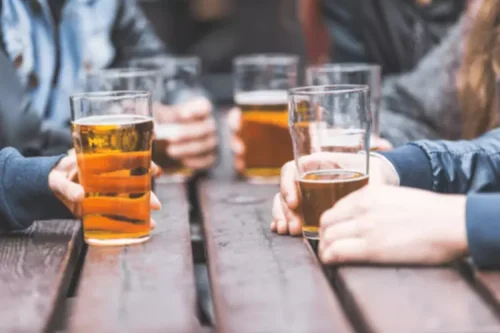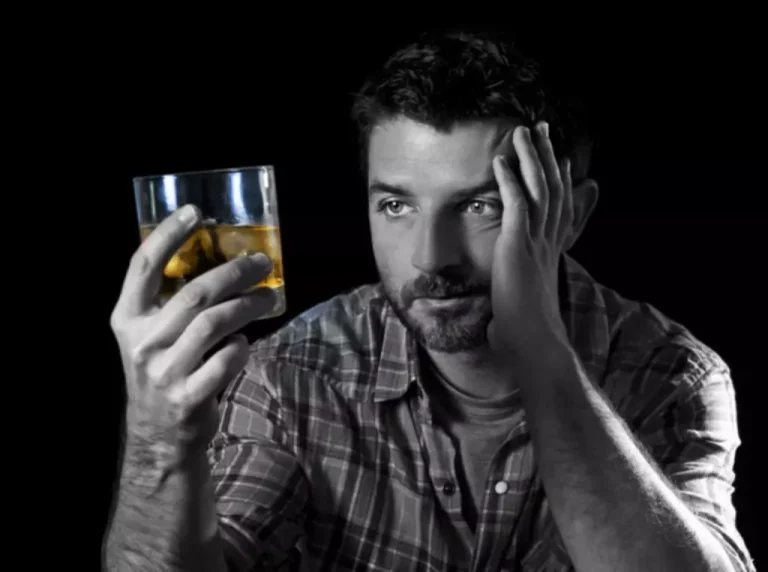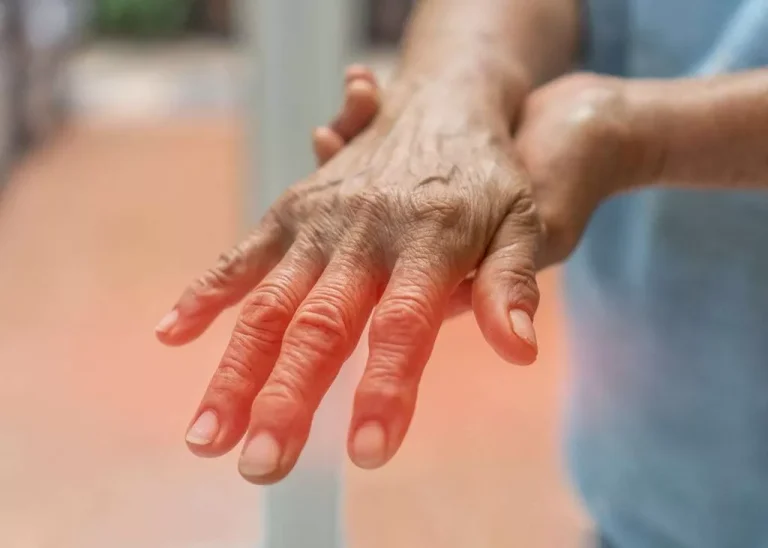Alcohol Use Among Depressed Patients: The Need for Assessment and Intervention PMC
14 март, 2024

Alcohol can significantly impact the levels of neurotransmitters in your brain, making depression worse. Antidepressants can help even levels of these chemicals and can help relieve symptoms of depression. However, the flip side is that people who frequently use alcohol are more likely to also be depressed.
Alcohol Use Among Depressed Patients: The Need for Assessment and Intervention
- According to the Anxiety and Depression Association of America (ADAA), about 7 percent of Americans have this form of anxiety.
- From a neurocognitive standpoint, alcohol significantly impacts many of the neurotransmitters (brain chemicals) that oversee our emotional well-being.
- A good way of keeping track of how much you’re drinking – to help spot patterns, avoid your triggers and stay within the low risk drinking guidelines – is with the MyDrinkaware app.
Spending time in nature can also have health benefits, including improving your mood. If the sun is out, that’s even better — sunshine can trigger the release of serotonin, which can help relieve depression. The more you drink, however, the more likely your emotional state will begin plummeting back down. Sometimes, alcohol can make you feel even worse than you did before.

Alcohol use and depression symptoms
In this followup study, although the sons of alcoholics were three times more likely to develop alcohol abuse or dependence, they showed no higher rates of major depressive disorders or major anxiety disorders during the followup period. Alcoholics frequently experience episodes of intense depression alcohol and depression and/or severe anxiety. Depressed or anxious alcohol-dependent people often believe that they drink to relieve symptoms of sadness or nervousness. However, research does not unanimously support the prior existence of severe depressive or anxiety disorders as a usual cause of alcoholism.
How alcohol worsens anxiety
Inpatient rehab centers offer 24/7 care, while outpatient rehab programs allow people to continue living at home. The combined effect of sunshine and exercise can release endorphins, improving depression symptoms further. While this initially leads to euphoria, the effect is short-lived. Talking to people you trust about your plans may help you change. They can encourage you along the way and keep you company if you’re using exercise or other tactics to help you cope.
- Failure to treat both conditions concurrently often leads to ineffective treatment outcomes, as untreated depression can drive continued alcohol abuse and vice versa.
- It can help you feel less shy, give you a boost in mood, and make you feel generally relaxed.
- In a population study, Wang and Patten (2001) found that depressed women were at greater risk than nondepressed women of becoming frequent heavy drinkers.
- Regular physical activity, a balanced diet, adequate sleep, and mindfulness practices like meditation can improve mood and overall well-being.
- If the sun is out, that’s even better — sunshine can trigger the release of serotonin, which can help relieve depression.
Effects on Key Brain Regions and Associated Side Effects
And because what goes up must come down, your mood will eventually nosedive. Over the course of time, fatigue has a way of driving your mood downward, which can suck because you don’t have the ability to do the things you want to – like grocery shopping, working out and hanging with friends. Many people do not know this but alcohol is a central nervous system depressant. That’s a critical bit of information because alcohol blocks stress hormones (corticotropins). These are chemicals your body releases to cope with difficult situations.
Depression and Alcohol Misuse
Simultaneous treatment for alcohol misuse and a depressive disorder can help you or your loved one take back control of your mental health, physical wellbeing, and overall happiness. Continued alcohol use can also exacerbate existing mental health conditions or contribute to the development of new disorders. Chronic alcohol use can deepen the depressive state, leading to increased feelings of sadness, hopelessness, and emotional numbness. The depressant nature of alcohol also exacerbates existing depressive symptoms, such as low energy, lack of interest in activities, and social withdrawal.
Codependent Relationships: Warning Signs and Long-Term Effects

Alcohol consumption increases your risk of injuries, liver disease, heart disease, gastrointestinal issues, cancer, and more. These diseases disrupt liver function, severely damaging the body over time. Women have a higher risk of developing alcohol-induced liver injuries than men. The tell-tale sign of an alcohol use disorder is continuing to drink despite its negative consequences. Drinking normally inhibits the N-methyl D-aspartate (NDMA) receptors in your brain.
Signs and Symptoms of Depression
Long-term heavy drinking can also cause permanent changes to the brain, such as problems with understanding, remembering, and thinking logically. However, alcohol can make these feelings and other symptoms worse over time, perpetuating the cycle of alcohol consumption and depression. Alcohol can produce feelings of euphoria https://ecosoberhouse.com/ and excitement, making you feel instantly happier and more confident, but those feelings are fleeting. Much like barbiturates (sedatives), alcohol is a drug that affects the central nervous system (CNS) and the brain’s functionality. Individuals with alcohol use disorder often develop a physical dependency on alcohol.
- Depression after drinking usually lasts 6 to 12 hours or more if you have an alcohol use disorder.
- Generally, you should limit your intake to 14 units of alcohol in a week — this is equal to six standard glasses of wine or six pints of lager.
- At first, drinking can reduce fears and take your mind off of your troubles.
- Certain medications and types of antidepressants include stimulants to assist in getting a person back to their normal daily activity.
- Bad sleep can easily affect your mood the next day, since exhaustion and lingering physical symptoms can make it tough to concentrate.
Long-term exposure to depressants increases your risk for depression. Contrary to popular belief, alcohol is a depressant — not a stimulant. Alcohol’s stimulant-like effects only appear when you start drinking. If you’re still experiencing symptoms of depression after a few weeks, the NHS advises you to contact your GP surgery. A good way of keeping track of how much you’re drinking – to help spot patterns, avoid your triggers and stay within the low risk drinking guidelines – is with the MyDrinkaware app. Alcohol slows down processes in your brain and central nervous system, and can initially make you feel less inhibited.7 In the short-term, you might feel more relaxed – but these effects wear off quickly.

